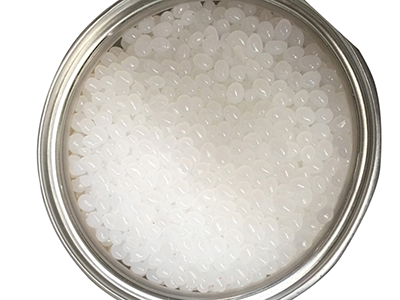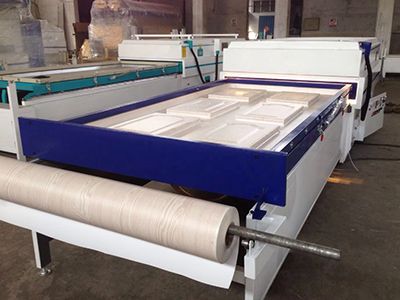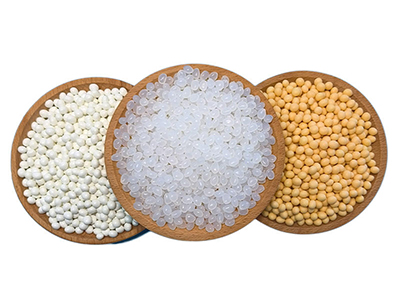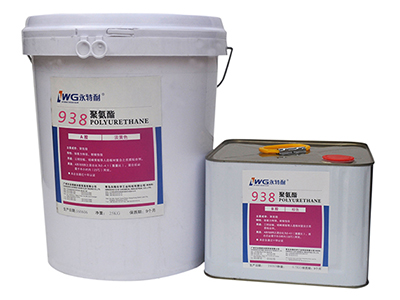Introduction:
Industrial hot melt adhesives are widely recognized for their versatility and effectiveness in various industries. They offer numerous advantages over traditional adhesive options, making them a popular choice for bonding and assembly applications. In this article, we will explore the diverse range of applications where industrial hot melt adhesives excel, showcasing their benefits and highlighting their importance across different sectors.
Packaging Industry:
Hot melt adhesives play a crucial role in the packaging industry, where they are used for sealing cartons, bonding inserts, attaching labels, and creating tamper-evident seals. They provide excellent bonding strength, fast curing times, and high heat resistance, ensuring secure and durable packaging solutions.
Automotive Industry:
In the automotive sector, hot melt adhesives are used for a variety of applications, including interior trim assembly, wire harnessing, vibration dampening, and bonding headliners and carpets. Their ability to bond different materials, such as plastics, metals, and fabrics, makes them ideal for automotive assembly, ensuring reliable and long-lasting bonds in challenging environments.
Electronics Industry:
Hot melt adhesives find extensive use in electronics manufacturing for component bonding, wire tacking, potting, and conformal coating applications. They offer excellent electrical insulation properties, thermal stability, and resistance to moisture and environmental contaminants. Additionally, their fast-setting nature enables efficient production processes in the electronics industry.
Woodworking and Furniture Industry:
Industrial hot melt adhesives are widely employed in the woodworking and furniture industry for edge banding, profile wrapping, laminating, and assembly of wooden components. They provide strong bonds, quick assembly times, and resistance to temperature fluctuations, ensuring durable and aesthetically pleasing finished products.
Textile Industry:
Hot melt adhesives find application in the textile industry for bonding fabrics, attaching labels, hemming, and seam sealing. They offer flexibility, washability, and resistance to dry cleaning, making them ideal for textile applications where durability and bond strength are paramount.
Product Assembly:
Industrial hot melt adhesives are used in various product assembly applications, including appliances, filters, footwear, medical devices, and DIY products. Their ability to bond different substrates efficiently and their compatibility with automated assembly processes make them an essential adhesive choice for a wide range of industries.
Conclusion:
Industrial hot melt adhesives have become indispensable in numerous industries due to their versatility, bonding strength, fast curing times, and excellent performance characteristics. From packaging to automotive, electronics, woodworking, textiles, and product assembly, these adhesives offer reliable solutions for various applications. Their ability to bond different materials, resistance to environmental factors, and cost-effectiveness make them a preferred choice across diverse sectors. As industries continue to evolve, hot melt adhesives will continue to play a vital role in enhancing manufacturing processes, ensuring product quality, and driving innovation.






